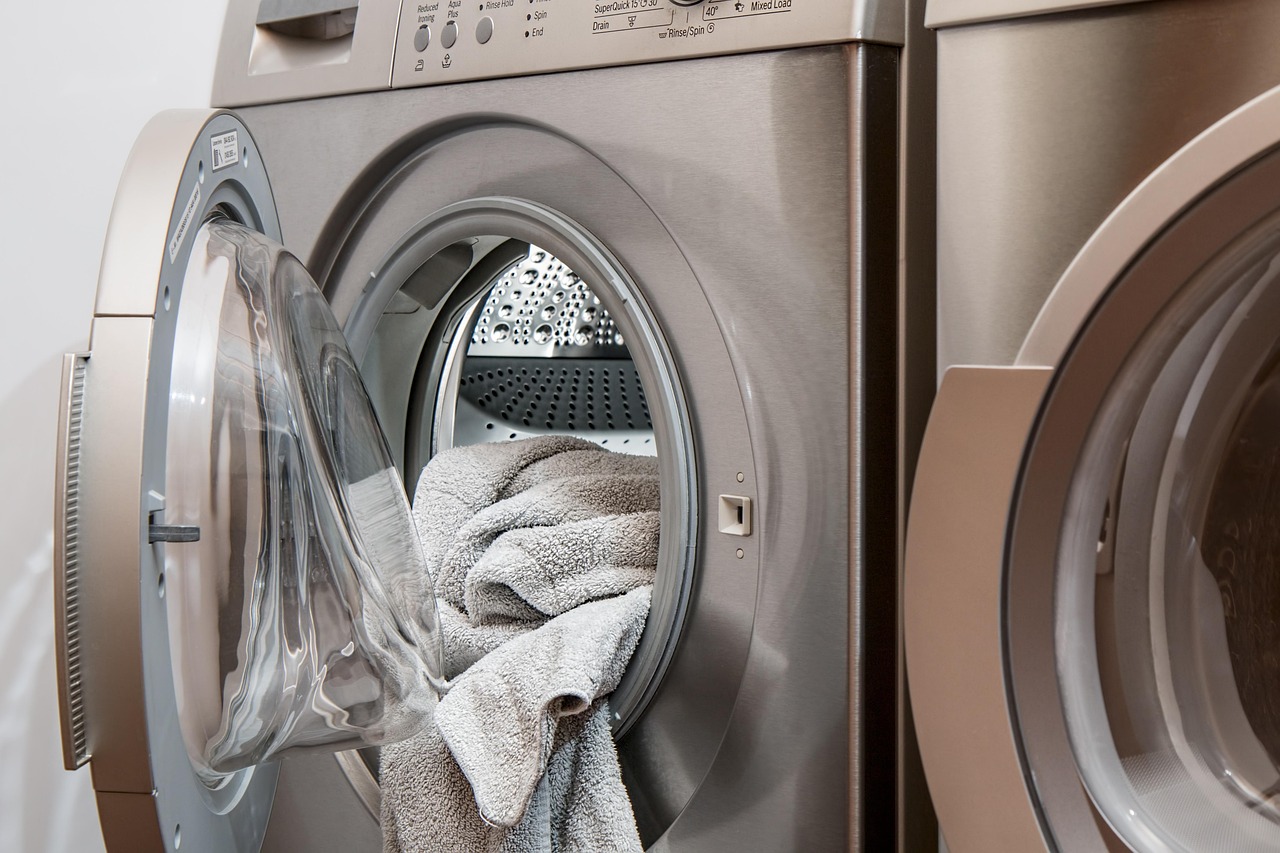News release
From:
Home washing machines fail to remove important pathogens from textiles
Study finds washing machine biofilms may harbor potential pathogens and antibiotic resistance genes, which could have an impact on domestic laundering of healthcare workers uniforms
Healthcare workers who wash their uniforms at home may be unknowingly contributing to the spread of antibiotic-resistant infections in hospitals, according to a new study led by Katie Laird of De Montfort University, published April 30, 2025 in the open-access journal PLOS One.
Hospital-acquired infections are a major public health concern, in part because they frequently involve antibiotic-resistant bacteria. Many nurses and healthcare workers clean their uniforms at home in standard washing machines, but some studies have found that bacteria can be transmitted through clothing, raising the question of whether these machines can sufficiently prevent the spread of dangerous microbes.
In the new study, researchers evaluated whether six models of home washing machine successfully decontaminated healthcare worker uniforms, by washing contaminated fabric swatches in hot water, using a rapid or normal cycle. Half of the machines did not disinfect the clothing during a rapid cycle, while one third failed to clean sufficiently during the standard cycle.
The team also sampled biofilms from inside 12 washing machines. DNA sequencing revealed the presence of potentially pathogenic bacteria and antibiotic resistance genes. Investigations also showed that bacteria can develop resistance to domestic detergent, which also increased their resistance to certain antibiotics.
Together, the findings suggest that many home washing machines may be insufficient for decontaminating healthcare worker uniforms, and may be contributing to the spread of hospital-acquired infections and antibiotic resistance. The researchers propose that the laundering guidelines given to healthcare workers should be revised to ensure that home washing machines are cleaning effectively. Alternatively, healthcare facilities could use on-site industrial machines to launder uniforms to improve patient safety and control the spread of antibiotic-resistant pathogens.
The authors add: “Our research shows that domestic washing machines often fail to disinfect textiles, allowing antibiotic-resistant bacteria to survive. If we’re serious about transmission of infectious disease via textiles and tackling antimicrobial resistance, we must rethink how we launder what our healthcare workers wear.”



 International
International



